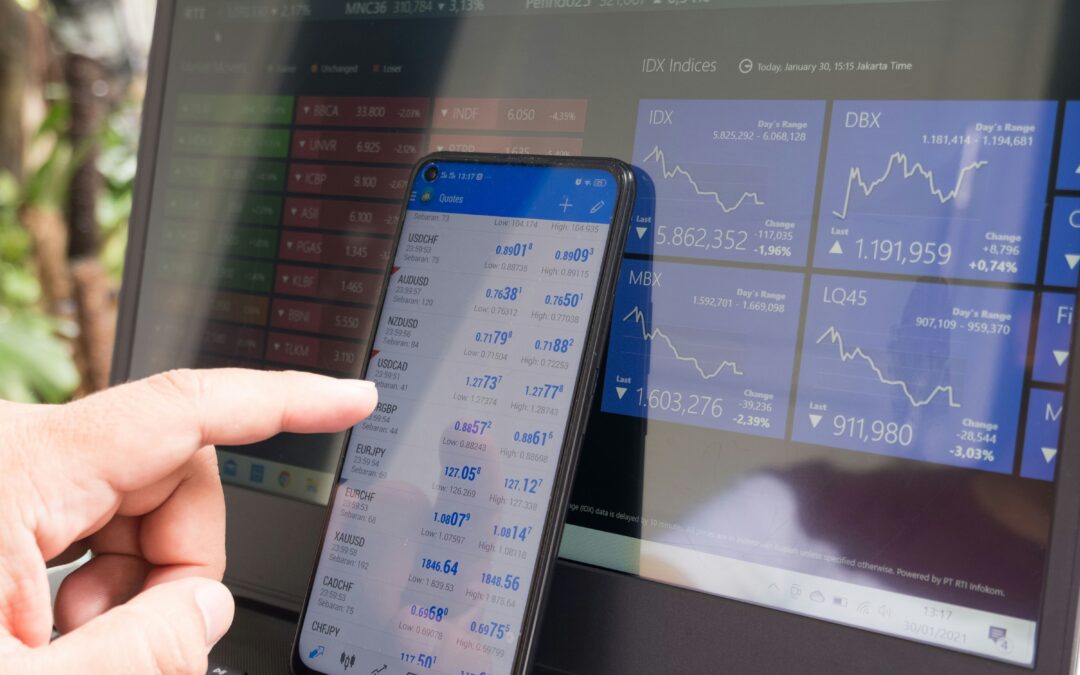Blog post written by Ignacio Perinat
A few weeks ago, the Spanish Chamber of Commerce in the United Kingdom attended a webinar organised by the Spanish Directors Association on the macroeconomic trends and perspectives for 2024. The panel of experts, moderated by Xavier Brossa, vice-president of the AED, was comprised of José Manuel González-Páramo, current professor at IESE and member of the Executive Committee of the European Central Bank from 2004 to 2012 (among other notable positions), and Sofía Rodríguez, Chief Economist of Banco Sabadell. The academic and professional background of the speakers undoubtedly promised a very instructive and insightful session.
Firstly, both experts agreed that 2024 will be a “year of transition”: positive, albeit modest, growth rates are expected, and inflation will tend to decrease due to the “monetary tightening” caused by high interest rates since mid-2022. However, they also emphasised that these relatively optimistic expectations should not overshadow other increasingly growing risks. On the one hand, both speakers pointed out that the main vulnerability of the Spanish economy is the fragile political stability in the country, which has a considerable impact on fiscal stability. Therefore, special attention must be paid to political crises at an internal level, as well as to relations and negotiations between Madrid and Brussels. On the other hand, the consulted experts also mentioned that geopolitical uncertainty and tension are increasingly having a greater impact on national economies, mainly due to disruptions in global trade flows and supply chains. However, the experts did not agree on the extent to which geopolitics will affect the battle of central banks against inflation.
The second section of the webinar covered the cyclical and structural challenges and opportunities for the Spanish economy. José Manuel González-Páramo indicated that the optimisation of NextGeneration funds will be key to post-pandemic economic recovery. He also highlighted that both the economic and social progress of Spaniards largely depends on finding solutions to one of their major burdens for almost three decades: the stagnation of productivity. To resolve this, structural reforms in areas like education and labour regulation are strictly necessary, as they would help the average worker increase their per capita income and, consequently, their well-being. Sofía Rodríguez, on the other hand, reiterated her great concern about certain geopolitical and inflationary issues. She warned that the behaviour of the Chinese economy, and its real estate market in particular, will have a considerable effect on the evolution of the world economy, which Spain is inextricably linked to. Furthermore, she attributed her concerns about combating “the last mile” against inflation to the continuous rise in wages and commercial and geopolitical tensions in the Middle East, the latter especially in relation to the energy market. However, one aspect that both José Manuel and Sofía coincided in was the importance of fiscal discipline: adopting new rules to address the structural deficit will be a “central issue” in 2024.
Other relevant topics that were discussed in the webinar were the labour market and artificial intelligence (AI). Both experts indicated that a slowdown in job creation is expected in 2024 after a notable resilience of the labour market up to now. However, it was also highlighted that the turnover rate in this market remains relatively high, around 3%, and that proposed public policies, such as reducing the maximum working hours per week to 37.5, must be accompanied by compensatory measures to avoid job destruction. Regarding artificial intelligence, Sofía Rodríguez called for caution and indicated that it is still too early to have a qualified opinion on it with respect to the Spanish economy. However, she did underline that the economists’ consensus points to AI being a tool that will have a positive impact on productivity, albeit in an asymmetric way depending on sector or income, among other factors. Sofía also took the opportunity to remind the audience of the non-economic impacts of this new technology; more specifically, she commented that “it seems that AI will produce plausibility, but it will not necessarily bring us closer to the truth.” José Manuel González-Páramo focused more on the “human inputs” that will be required to control the advancement of AI, from intellectual property laws that allow algorithms to be properly trained to regulations that allow sustained economic growth in our societies.
In general, the insights provided by both speakers were of no surprise to the audience, although their explanations were substantially valuable to reach a deeper understanding of both the current economic trends that influence us and the economic situation that awaits us. It is therefore necessary to highlight and appraise the great educational work that both economists carried out on 11th January, which we at the Spanish Chamber of Commerce in the United Kingdom greatly appreciate.





